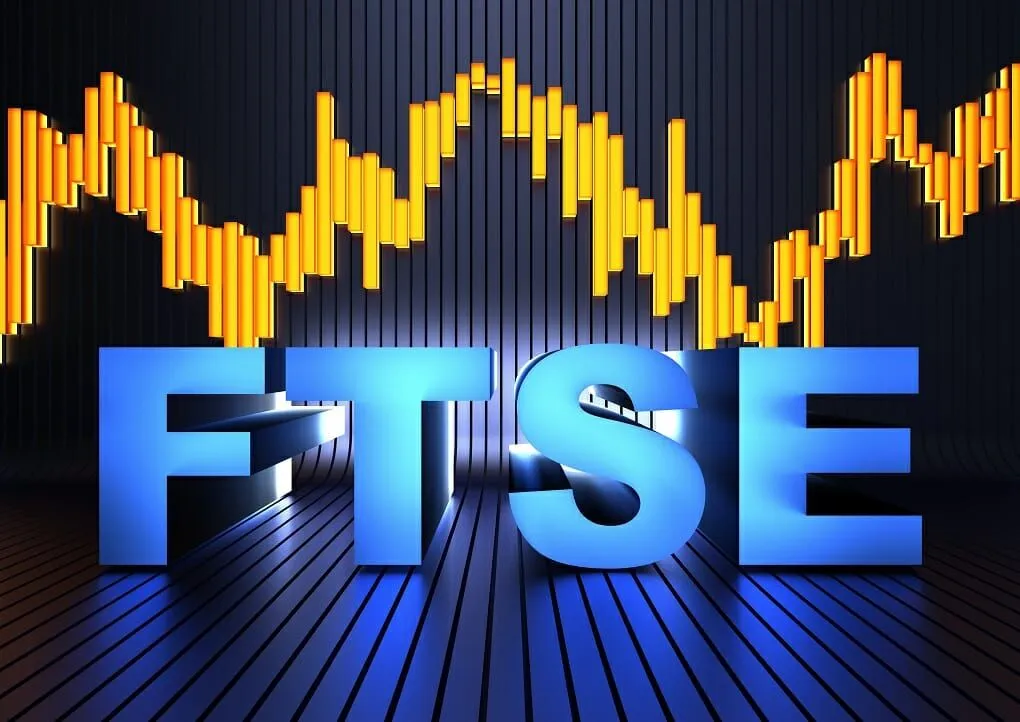Asia Stocks Surge Despite Wall Street’s Dip
Asian markets showed resilience on Friday, marking a fourth consecutive month of gains, even as US stocks ended Thursday with losses, particularly in the tech sector. The Nasdaq dropped over 1%, driven by disappointing forecasts from Salesforce. Meanwhile, oil prices declined after US Federal Reserve officials warned against premature interest rate cuts and US gasoline stocks saw an unexpected increase. Gold prices inched up, continuing a four-month growth streak ahead of key inflation data. Additionally, shares of Trump Media & Technology Group fell sharply following former President Donald Trump’s conviction related to a 2016 election payment scandal.
China’s Manufacturing Contracts in May
China’s manufacturing sector saw an unexpected contraction in May, with the official purchasing managers’ index (PMI) falling to 49.5, reversing expansions from the previous months. This decline highlights ongoing challenges such as a slowing property market and weak consumer demand. In response, the Chinese government has emphasized the importance of advancing high-value manufacturing and introduced measures to support the real estate sector, aiming for a 5% growth target this year.
Tokyo’s Core Inflation Rises
Core consumer inflation in Tokyo increased in May, driven by higher electricity costs. However, inflation excluding fuel costs slowed, creating uncertainty about the Bank of Japan’s (BOJ) timing for potential rate hikes. Tokyo’s core consumer price index (CPI) rose by 1.9% year-over-year, aligning with forecasts, but an alternative index excluding fresh food and fuel costs increased by 1.7%, slightly down from April. Additionally, factory output declined by 0.1% in April, indicating a fragile economic recovery in Japan.
UK Business Optimism Hits Eight-Year High
According to a survey by Lloyds Bank, British business confidence has reached its highest level in eight years, with hiring plans at their strongest since 2017. The Lloyds Bank Business Barometer climbed eight points to 50% in May, signalling economic recovery ahead of the national election. This surge in optimism is attributed to reduced inflation and expectations of lower interest rates, with overall economic confidence at its highest since September 2021.
Upcoming Economic Data
Investors are keenly watching the latest US inflation figures amidst rising government bond yields. The core PCE price index was expected to remain steady at an annual rate of 2.8% in April, though some forecasts suggested a slight drop to 2.7%. In the Eurozone, inflation data is also under scrutiny, with Eurostat expected to report an increase in annual CPI from 2.7% in April to 2.8% in May. Germany will release its import price and retail sales data for April, while the UK will see Nationwide’s house price survey results and consumer credit data from the ONS.
US Market Performance and Asian Stocks
On Thursday, the S&P 500 fell by 0.60%, closing at 5,235.48, while the Nasdaq Composite dropped by 1.08% to 16,737.08. The Dow Jones Industrial Average decreased by 0.86%, ending at 38,111.48. The technology sector in the S&P 500 was the hardest hit, falling 2.5%, while the communication services sector dropped 1.1%. Despite these declines, other S&P 500 sectors saw gains.
Salesforce shares plunged 19.7% following a forecast of lower-than-expected second-quarter profit and revenue. Trump Media & Technology Group shares fell 6.5% after a jury found Trump guilty of falsifying documents related to a 2016 election payment. Dell Technologies shares dropped over 12% in after-hours trading after releasing quarterly results. Conversely, Best Buy shares soared 13.4% on better-than-expected profits, while Kohl’s shares plummeted 22.9% after lowering its annual sales and profit forecasts.
In Asia, Japan’s Nikkei rose by 0.20%, maintaining its monthly gain, while Chinese stocks saw increases, with the blue-chip index up 0.23% and Hong Kong’s Hang Seng index rising by 1.3%.







